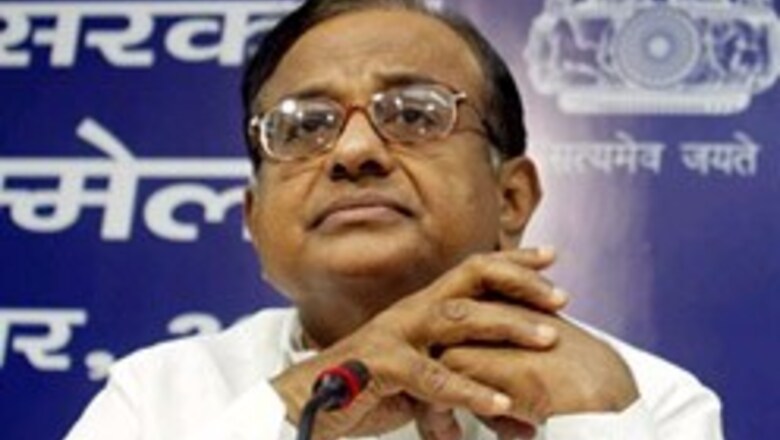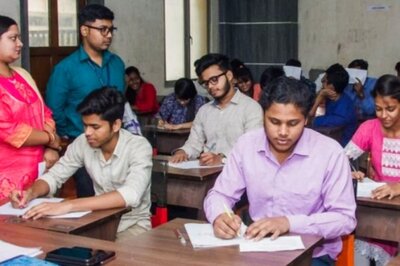
views
New Delhi: Ahead of the Budget, various women's groups met Finance Minister P Chidambaram in New Delhi and demanded an increase in the gender component in the Budget and told him that last year's figures of 5.2 per cent allocation for women is "highly exaggerated" as a large portion of the funds do not directly benefit women.
With that the groups also sought food security for women, effective measures to check increase in prices of essential commodities, budgetary support for implementation of the Domestic Violence Act and more widow pensions.
The delegation included CPI-M leader Brinda Karat, AIDWA representatives Subhashini Ali and Ashalata, Annie Raja of NFTW, Azra Abdi of Muslim Women’s Forum, Kalpana David of YWCA and Mary John of CWDS.
"The entire Budget for the Social Justice Ministry has been included in the gender budget statement under that Ministry. The entire ICDS allocation is similarly included whereas it is primarily for children, both boys and girls," PTI quoted a memorandum submitted by the women’s group to Chidambaram.
The memorandum suggested strengthening and expansion of the Public Distribution System (PDS) to check price rise.
Increase in widow pensions, more credit for farm sector, increase in rural infrastructure spending, provision for remunerative support prices for agricultural products, setting up of welfare boards for workers in unorganised sector also figured in the memorandum.
It is a patriarchal assumption that the care of children is a women's concern and that all expenditure for child welfare can be included in the gender component".
The group also sought correction of this "conceptually wrong" policy.
"The Antyodaya Scheme must be expanded to at least two more families and should include all women-headed families, widows and destitutes. Further the PDS system should be expanded to include a range of other essential commodities such as pulses and edible oil," it said.
Other demands included expansion of the National Rural Employment Guarantee Act to 200 more districts, widening the ambit of Below Poverty Line to include more poor families and inclusion of more items, especially pulses, to the list of subsidised items.
The group also sought spending of 2.5 per cent and six per cent of the GDP on health and education sectors respectively and priority for the needs of female students for vocational training, scholarships and hostels.
A sub-plan for the Muslim community and special budgetary allocation for SC/ST women have also been sought by them.



















Comments
0 comment